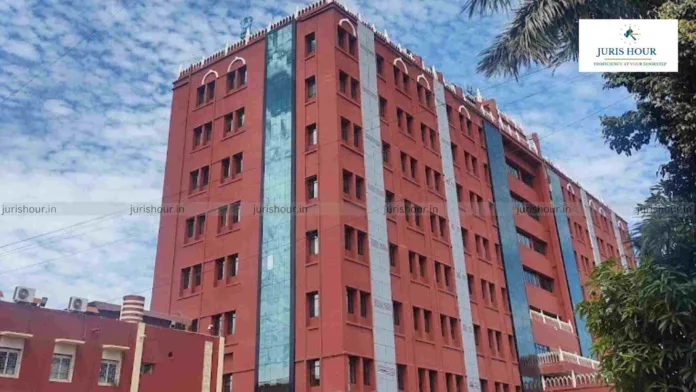The Orissa High Court has held that commercial disputes arising out of contractual obligations cannot be given the colour of criminality, while granting anticipatory bail to several company officials accused of cheating in connection with a pipeline project. Justice V. Narasingh, delivering the order, emphasized that the allegations were essentially civil in nature and already pending before the National Company Law Tribunal (NCLT).
The bench of Justice V. Narasingh has observed that prima facie FIR in question is an offshoot of the contractual obligation between the parties. Admittedly, the matter is pending before the NCLT at the instance of the Financial Creditor ICICI Bank Limited wherein Punj Lloyd Ltd. is cited as a corporate debtor.
Case Background
The case stems from a contract for the construction of a 207 km steel pipeline between Dhamra and Angul. A subcontractor alleged that despite completing nearly 90% of its allocated work, substantial dues remained unpaid and wrongful GST credit was availed against pending invoices. The FIR accused company officials of cheating and misappropriation under Sections 418 and 420 of the IPC.
Petitioners’ Stand
Counsel for the petitioners argued that the dispute was purely contractual and part of ongoing insolvency proceedings before the NCLT. They relied on provisions of the Insolvency and Bankruptcy Code (IBC), which protect actions taken in good faith by resolution professionals and liquidators. The defense further submitted that the investigating agency’s demands infringed the constitutional right against self-incrimination under Article 20(3).
Opposition by State and Informant
The State and the complainant opposed bail, arguing that the accused officials had shown lack of cooperation and that fraudulent intent was evident from the start of the project. They urged the Court not to extend the “exceptional remedy” of pre-arrest bail.
Court’s Findings
The Court, however, noted that the FIR was “an offshoot of contractual obligations” and that the complainant was aware of insolvency proceedings when it lodged the complaint. Justice Narasingh observed it was “baffling” that the investigating agency failed to consider the statutory protections under the IBC.
Referring to the Supreme Court’s rulings in Gurbaksh Singh Sibbia v. State of Punjab (1980) and Satender Kumar Antil v. CBI (2023), the Court held that the case merited anticipatory bail.
The Order
The High Court directed that in the event of arrest, the petitioners be released on bail subject to conditions fixed by the arresting officer. The Court clarified that its observations were limited to bail consideration and not to be read as a finding on guilt or innocence.
Case Details
Case Title: Ashwini Mehra Versus State of Odisha
Case No.: ABLAPL No. 5818 of 2025
Date: 09.09.2025
Counsel For Petitioner: B.A. Mahanti, Sr. Advocate
Counsel For Respondent: S. Panda, ASC

